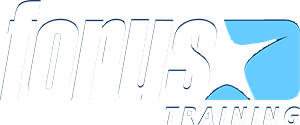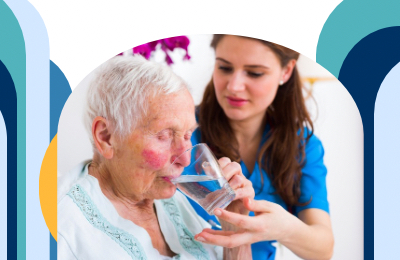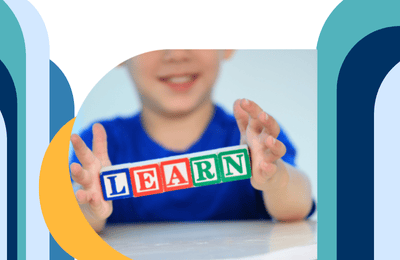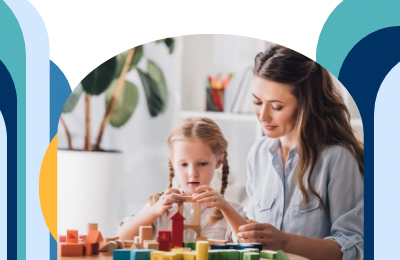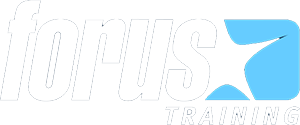What Qualifications Do I Need to Be an SNA?
Introduction
If you’re interested in becoming a Special Needs Assistant (SNA) in Ireland, one of the first questions you might ask is, “What qualifications do I need?” The role of an SNA is crucial in providing support to students with special educational needs, and as such, it requires specific qualifications and skills. At Forus Training, we offer a range of courses designed to prepare you for this rewarding career. In this article, we’ll outline the essential qualifications needed to become an SNA, the available courses, and the different learning formats we offer to help you achieve your goal.
Essential Qualifications to Become an SNA
To work as an SNA in Ireland, certain qualifications are generally required. While the specific requirements can vary depending on the school or educational institution, the following qualifications are most commonly needed:
- QQI Level 5 Qualification in Special Needs Assistance The most common qualification required to work as an SNA is a QQI Level 5 qualification in Special Needs Assistance. This qualification provides the foundational knowledge and skills needed to support students with a range of special educational needs. A QQI Level 5 SNA qualification covers essential areas such as child development, communication, behaviour management, and health and safety in an educational setting.
Key Topics Covered in a QQI Level 5 SNA Course:- Introduction to the role of an SNA
- Understanding different types of special educational needs
- Promoting inclusivity in the classroom
- Supporting students with disabilities (e.g., autism, Down syndrome)
- Child development and the role of play
- Health and safety in educational environments
- Effective communication skills
- Completing this qualification will equip you with the necessary skills to support children and adults with special needs in educational settings, and it is typically the minimum qualification required for most SNA roles.
- QQI Level 6 Qualification (Optional, but Advantageous) While a QQI Level 5 qualification is the basic requirement, some schools and employers may prefer or require a QQI Level 6 qualification for more advanced SNA roles. Level 6 is a more advanced qualification that builds on the knowledge gained at Level 5, providing deeper insights into complex special needs and more advanced strategies for supporting students.
Key Topics Covered in a QQI Level 6 SNA Course:- Advanced techniques for supporting children with complex needs
- Collaboration with teachers and other professionals
- Working with students with behavioural challenges or medical conditions
- Legal, ethical, and professional considerations in special education
- Advanced communication techniques
- Implementing strategies for inclusive education
- Although Level 6 is not a requirement for all SNA positions, it can enhance your career prospects and prepare you for higher-level roles in the education sector.
- First Aid and Other Relevant Certifications Many employers require SNAs to have first aid certification as part of their qualifications. This is especially important in roles where you may be working with children or adults with medical needs. In addition to first aid, other relevant certifications, such as child protection training or manual handling training, can also be beneficial.
How to Pursue SNA Qualifications at Forus Training
At Forus Training, we offer flexible options to help you achieve the qualifications you need to become a Special Needs Assistant. We offer both QQI Level 5 and QQI Level 6 courses in Special Needs Assistance, and you can choose from various learning formats depending on your preferences and schedule.
- Classroom with LMS Integration: If you prefer a more traditional learning experience, our Classroom with LMS Integration format combines live, in-person classes with access to additional resources and assessments through our Learning Management System (LMS). This format provides you with both face-to-face instruction and the flexibility of online study materials.
- Online with Live Tutorial Sessions: For learners who need flexibility but still want the structure of live, interactive learning, our Online with Live Tutorial Sessions format offers real-time, instructor-led classes via video conferencing. You can attend live lessons from anywhere and interact with your instructor and peers, providing a classroom-like experience remotely.
- Self-Paced Learning with Private Trainer Sessions: If you have a busy schedule or prefer to learn at your own pace, our Self-Paced Learning option allows you to study independently while booking one-on-one sessions with a personal trainer via Zoom. This format offers complete flexibility, allowing you to progress through the material at your own speed and receive tailored support when needed.
Additional Skills and Qualities of a Good SNA
In addition to the required qualifications, there are several personal skills and qualities that are important for an SNA to possess:
- Patience and Empathy: Working with students with special needs requires a great deal of patience, empathy, and understanding.
- Strong Communication Skills: Effective communication with students, teachers, and other professionals is essential for success in this role.
- Problem-Solving Ability: Being able to think on your feet and develop creative solutions to challenges that arise is an important skill for an SNA.
- Teamwork: SNAs work closely with teachers, parents, and other professionals, so the ability to collaborate effectively is crucial.
Conclusion
To become a Special Needs Assistant in Ireland, the minimum qualification required is a QQI Level 5 SNA qualification, although a QQI Level 6 qualification can provide additional expertise and career advancement opportunities. At Forus Training, we offer flexible learning formats to help you achieve these qualifications, whether through classroom-based learning, online live tutorials, or self-paced study with personal trainer support.
If you’re ready to pursue a rewarding career in special needs education, contact us today to learn more about our SNA courses and find the best learning format for your goals. We’re here to help you succeed in your career as an SNA.
This blog article serves as a helpful starting point for learners interested in understanding the qualifications required to become an SNA and the flexible learning options available at Forus Training.
